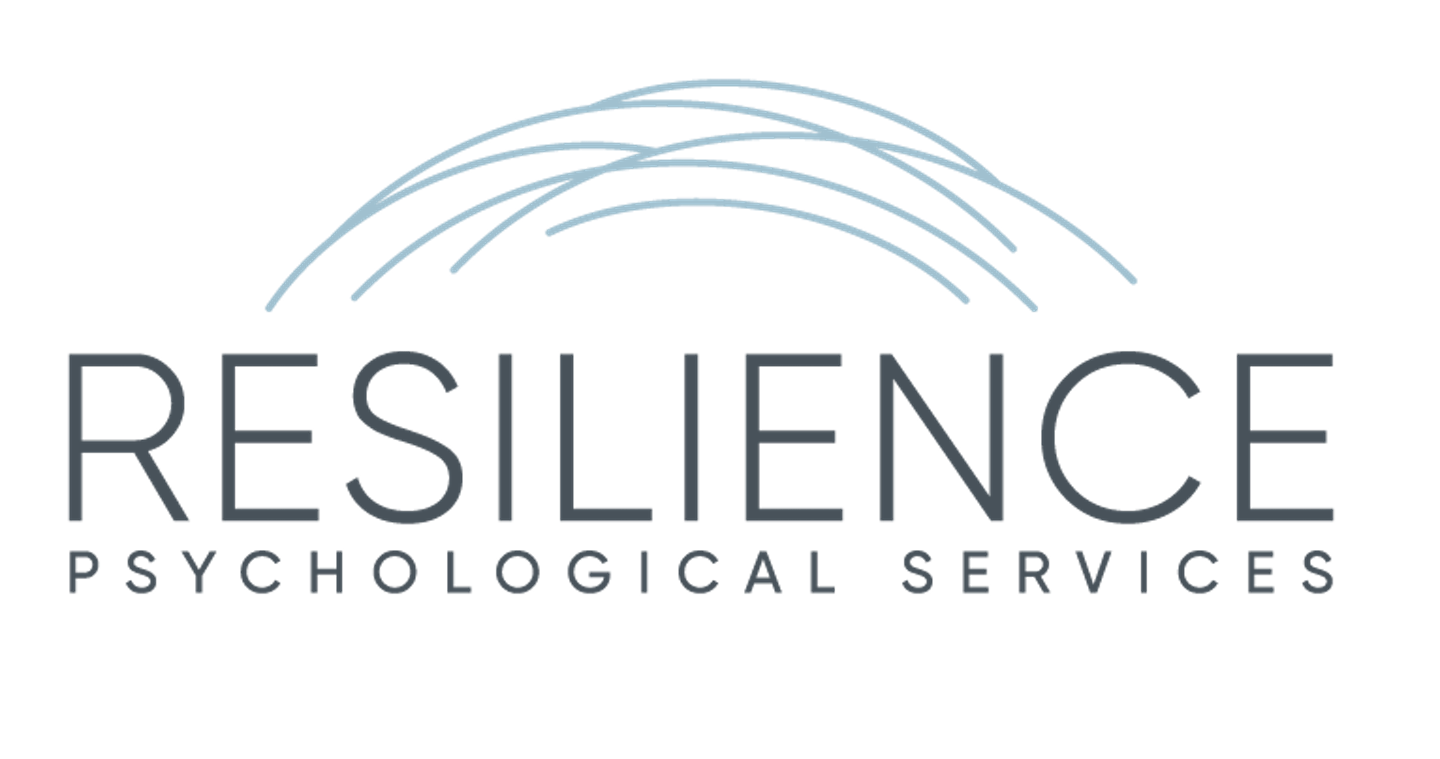GRIEF AND LOSS
Grief is a natural and deeply personal response to loss. Whether it’s the death of a loved one, the end of a significant relationship, or the loss of something deeply important, grief can impact every part of your life—emotionally, mentally, and even physically. While grief is a universal experience, it can feel isolating, overwhelming, and difficult to navigate. It may bring up a wide range of emotions, from sadness and anger to guilt, confusion, or even numbness.
The grieving process is not linear. Everyone grieves in their own way and at their own pace, and there’s no “right” way to experience it. However, without support or guidance, grief can feel all-consuming, leaving you unsure of how to move forward or how to heal.
How We Can Help
Grieving can be an incredibly difficult process, but you don’t have to face it alone. We provide compassionate, supportive care to help you work through your grief at your own pace. In therapy, we’ll create a safe space for you to explore your feelings, understand the impact of your loss, and begin to heal in a way that honors both your pain and your growth.
Together, we’ll process the emotions tied to your loss, while also helping you develop coping strategies to navigate the day-to-day challenges of grief. We can explore ways to find meaning, acceptance, and eventually, hope, while acknowledging that your journey through grief is unique and valid.
Healing from loss takes time, but with the right support, it’s possible to find peace, re-engage with life, and remember your loved one or loss in a way that brings comfort instead of only pain. We invite you to contact us for a free consultation and start your healing journey.
Common signs
Anger, irritability, or frustration
Difficulty concentrating or making decisions
Feeling stuck or unable to move forward
Guilt or regret about the past
Intense feelings of sadness, emptiness, or loneliness
Numbness or detachment from others
Longing or yearning for the person or situation you lost
Physical symptoms such as fatigue, nausea, headaches, or changes in appetite





